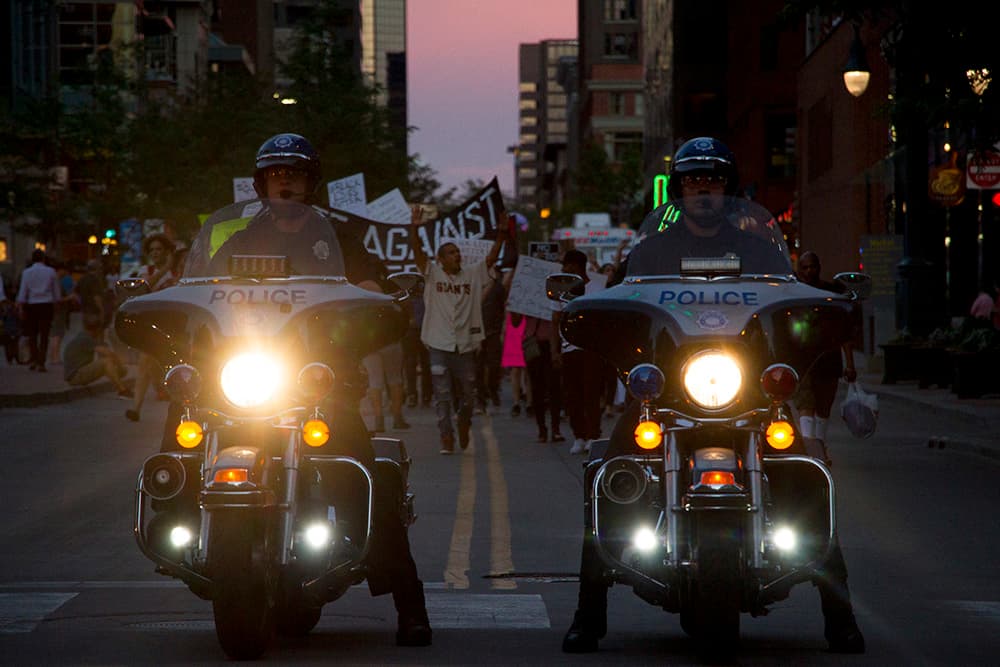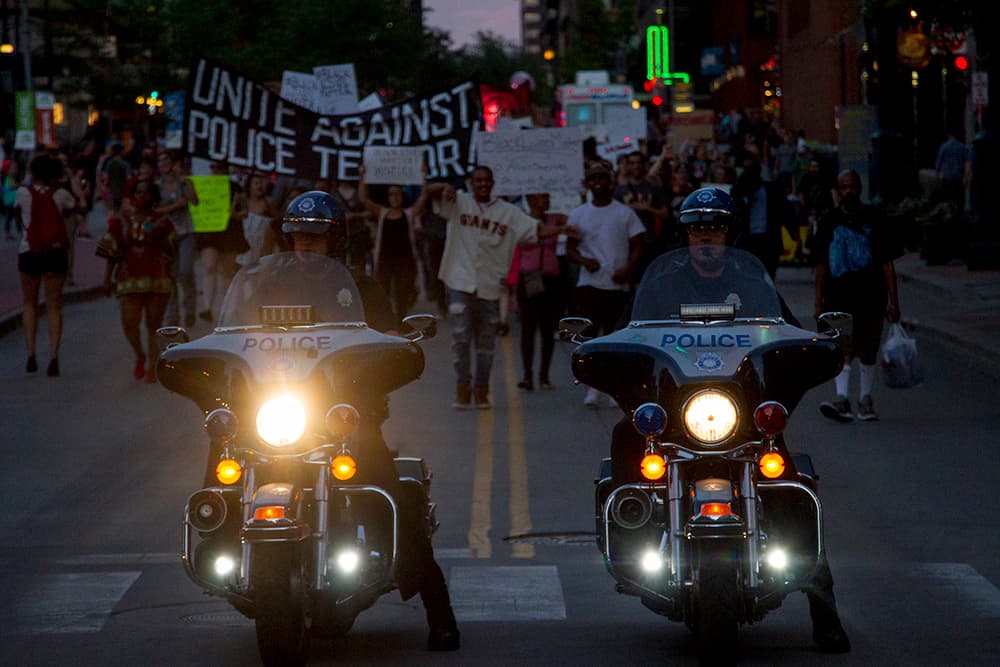
Is a black man in Denver more likely to be pulled over by police? We don't really know – and the Denver Police Department is getting ready to change that.
Starting soon, police will collect data on the race of people stopped by officers. That's according to a well-reported story by Noelle Phillips in today's Denver Post.
This would be the first time in 14 years that the department "has tried to study racial bias within its officer ranks," Phillips writes. No other major department in Colorado collects this type of data yet, she reports, although the Colorado State Patrol does.
Go check out Phillips' story for the full details of how this might be implemented and how people in Denver are reacting.
What will they find?
Hard to say. The last time Denver collected this type of data was in 2002. A report produced then found that Hispanic and black people were searched more often during traffic stops, but police leaders said they didn't identify any "significant issues," the Post reported.
More recent studies in other states have found evidence that bias may cause some officers to treat people of different races differently.
For example, the New York Times reported last month on research by a Harvard University professor. The paper found that officers in New York City were 25 percent more likely to use pepper spray against black suspects than white suspects in otherwise similar situations.
(The same study did not find evidence of racial bias when it comes to police shootings, a claim that has come under pretty extensive criticism.)
Last year, the Times found that various police agencies searched black people anywhere from 1.5 to 5 times more often than white people during traffic stops. Moreover, those searches of black people were generally less likely to turn up contraband.













